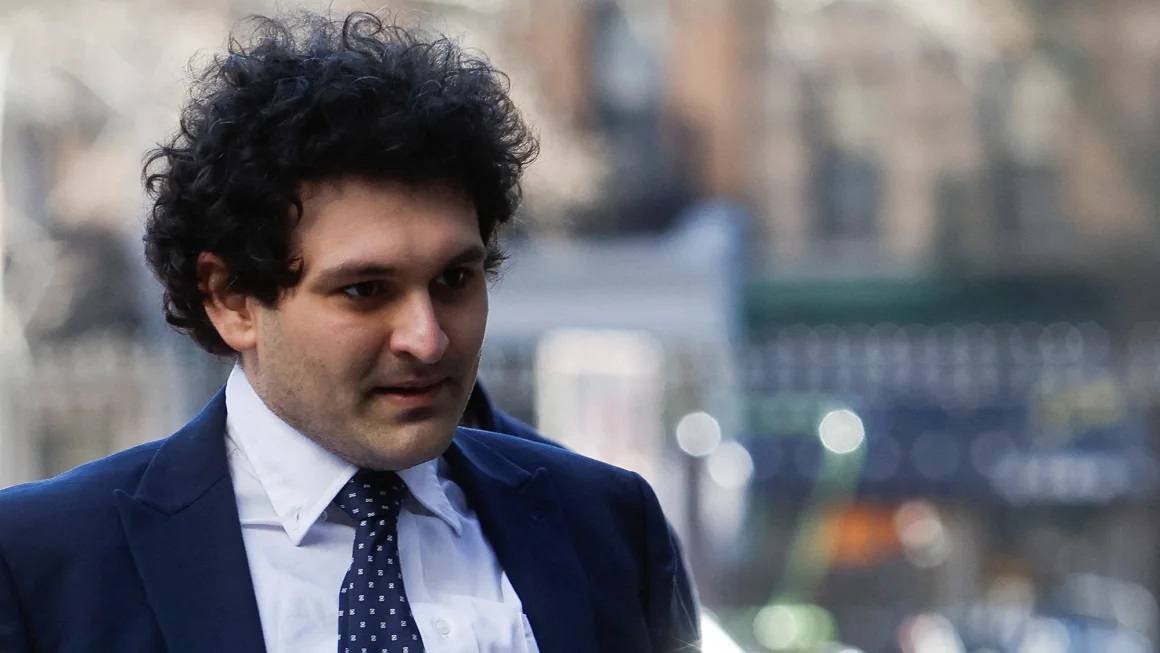Remember Sam Bankman-Fried?

Almost five months after SBF was found guilty of committing one of the largest white-collar crimes in history, Sam Bankman-Fried is set to return to Manhattan federal court Thursday for sentencing that could land him in prison for the next half-century. It is clear that Bankman-Fried, who is appealing his conviction, will go to prison. But the length of that sentence is entirely in the hands of Judge Lewis Kaplan of the Southern District of New York. Prosecutors are angling for 40-50 years. Lawyers for Bankman-Fried, who turned 32 this month, have pushed back, calling that a “medieval…death-in-prison sentencing recommendation.” They say a sentence of no more than six and a half years is appropriate for a non-violent first-time offender. Kaplan will weigh those recommendations, as well as the Probation Department’s guidance — which, at 100 years, had even prosecutors deeming it unnecessarily harsh.
He can also consider a range of other factors in his own assessment, including Bankman-Fried’s age and whether the judge believes the former crypto billionaire is likely to commit more crimes. “There’s this pretense that sentencing is done in this quasi-scientific fashion,” said Howard Fischer, a partner at law firm Moses Singer in New York. “The fact is, there is an enormous amount of latitude that the … sentencing guidelines allow a court to exercise.” In a trial setting, lawyers often have strict orders about what topics will be allowed to be discussed in front of the jury. Sentencing is a much more fluid process, with both sides allowed to make sweeping arguments to try to make their case to the judge. Prosecutors filed a 116-page sentencing memo earlier this month, arguing that Bankman-Fried’s punishment should be “commensurate with the extraordinary dimensions of his crimes.” They also took aim at the defense’s position that Bankman-Fried cared deeply about giving to charity and helping others. “With all the advantages conferred by a comfortable upbringing, an MIT education, a prestigious start to his career in finance, and a worthy idea for a startup business, Bankman-Fried could have pursued the … altruistic life he has sketched out in his sentencing submission. But instead, his life in recent years has been one of unmatched greed and hubris; of ambition and rationalization; and courting risk and gambling repeatedly with other people’s money,” prosecutors wrote in a memo.
In a letter to the court, Marc Mukasey, the lawyer Bankman-Fried retained for sentencing, called the government’s memo “disturbing” and accused the government of trying to “break” Bankman-Fried. “We have yet to identify a federal defendant convicted of a non-violent offense who served a 40-50 year sentence and was released — perhaps because inmates suffer a two-year decline in life expectancy for each year of imprisonment,” Mukasey wrote. “Crushing Sam in this way is unnecessary.” Defense lawyers in white-collar cases often advise their clients from the start to shore up their image — go to church or temple, use your free time to volunteer at a soup kitchen, get involved with activities that can eventually be used to paint you in a more flattering light. Those options weren’t possible for Bankman-Fried, who was released on house arrest in December 2022 and confined to his parents’ home in Palo Alto, California. But in the run-up to his trial, Bankman-Fried repeatedly tested the limits of his bail, including by sounding off to the press and releasing private writings of his former colleague, Caroline Ellison, who was also his ex-girlfriend.






